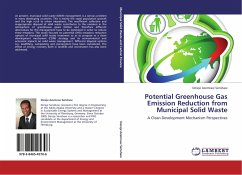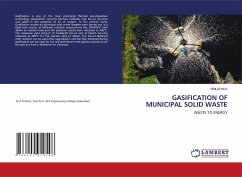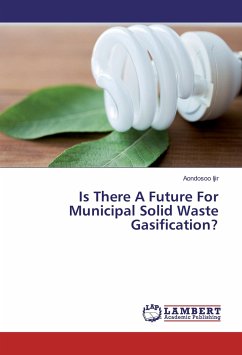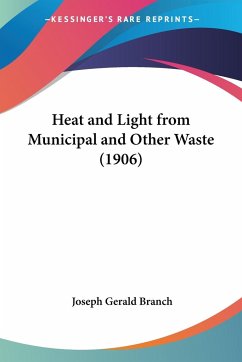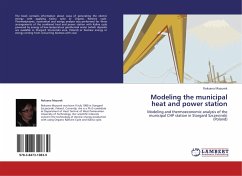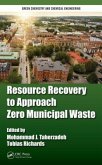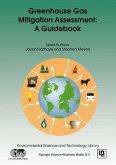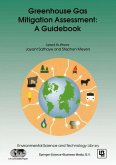At present, municipal solid waste (MSW) management is a serious problem in many developing countries. This is mainly the rapid population growth and the high rural to urban migrations. The insufficient collection and inappropriate disposal of solid waste contributes to the emission in the atmosphere of greenhouse gases (GHGs) and therefore different alternatives for the management have to be optimized in order to reduce these emissions. This study focused on potential GHGs emissions reduction options of municipal solid waste treatment so as to propose as a clean development mechanism (CDM) strategy and its environmental and economic impacts on solid waste management. Different disposal options (i.e. landfilling, composting and incineration) have been considered. The effect of energy recovery both in landfills and incinerators has also been addressed.

